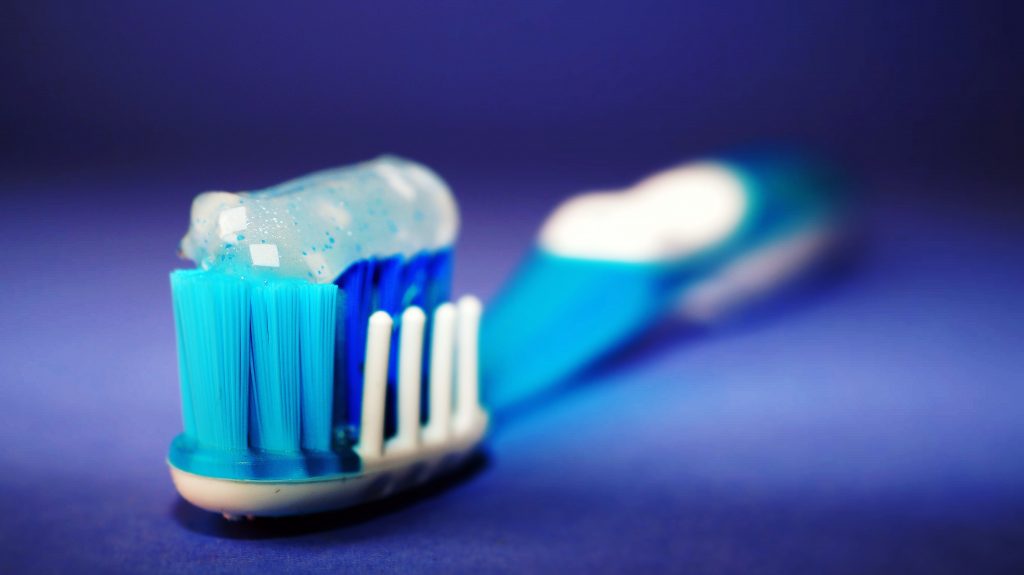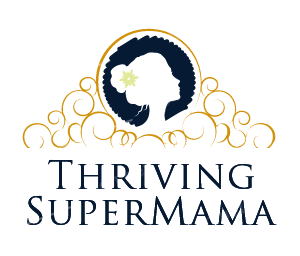At the age of about six months, an infant starts teething and continues so to around the age of 2. Two bottom front incisors will start showing up followed by two top incisors, as a commonly seen aspect of teething. What you should be aware of however is that, in most cases, teething will keep you and your baby at your toes.
Teething takes about three to four days; it should not go beyond a week. Once the tooth appears, the symptoms decrease. During this time, your child will experience some discomfort. Here are some of the signs and symptoms of teething which you should be on the lookout for.
- Chewing on objects
- Crankiness
- Excessive drooling
- Tender or sore gums
- Increase in temperature
- Decreased appetite
It is normal for the infant to feel uncomfortable and inconsolable during teething. If your infant shows the above signs, try these tips:
Rub your Baby’s gums
It is one of the easiest tips to deal with teething. Always use a clean finger to soothe your baby’s gum. The tender touch will ease the pain. You can also give them a baby teether which is often something they can bite on to rub their gums.
Keep it cool
Use a chilled or cold spoon (not frozen) and place it on your baby’s gum. The chilled spoon has a soothing effect to the gums.
Serve cold food
If your infant is weaning, serve him cold foods like frozen fruit, frozen wheat bagels, frozen waffles, or yogurt. Be keen not to make it too cold, you can slightly let it move from the icy to cool phase. This is to prevent issues like getting a cold or other issues like tonsillitis.

Teething biscuit
If your infant is the age between 8 months to 2 years, offering a teething biscuit works wonders. Teething biscuits helps and is also good for the baby. Most of them don’t contain sugars so don’t be worried.
A wet cloth
Run a clean wet cotton soft cloth over your baby’s gum when the baby experiences teething discomfort. It will not only soothe your baby’s gum, but also keep bacteria and food debris from piling up.
What you should NOT do
- Avoid over-the-counter medicine because a friend recommended this or you read somewhere. Babies are different and so is teething.
- Teething medication containing lidocaine and benzocaine. Lidocaine and benzocaine should not be given to a baby—it is harmful to your baby.
- Teething bracelets or anklets. They are harmful and dangerous to your baby. There is a risk of infection, injury, or chocking.
- Herbal products. There is always a risk with herbal products to kids.
- Acetaminophen or ibrophen. Do not administer these drugs without seeking medical advice from your pediatrician.
The above tips will keep your baby calm and busy forgetting about the pain. If teething interferes with your baby’s feeding or continues causing discomfort for more than a week, consult a doctor.

